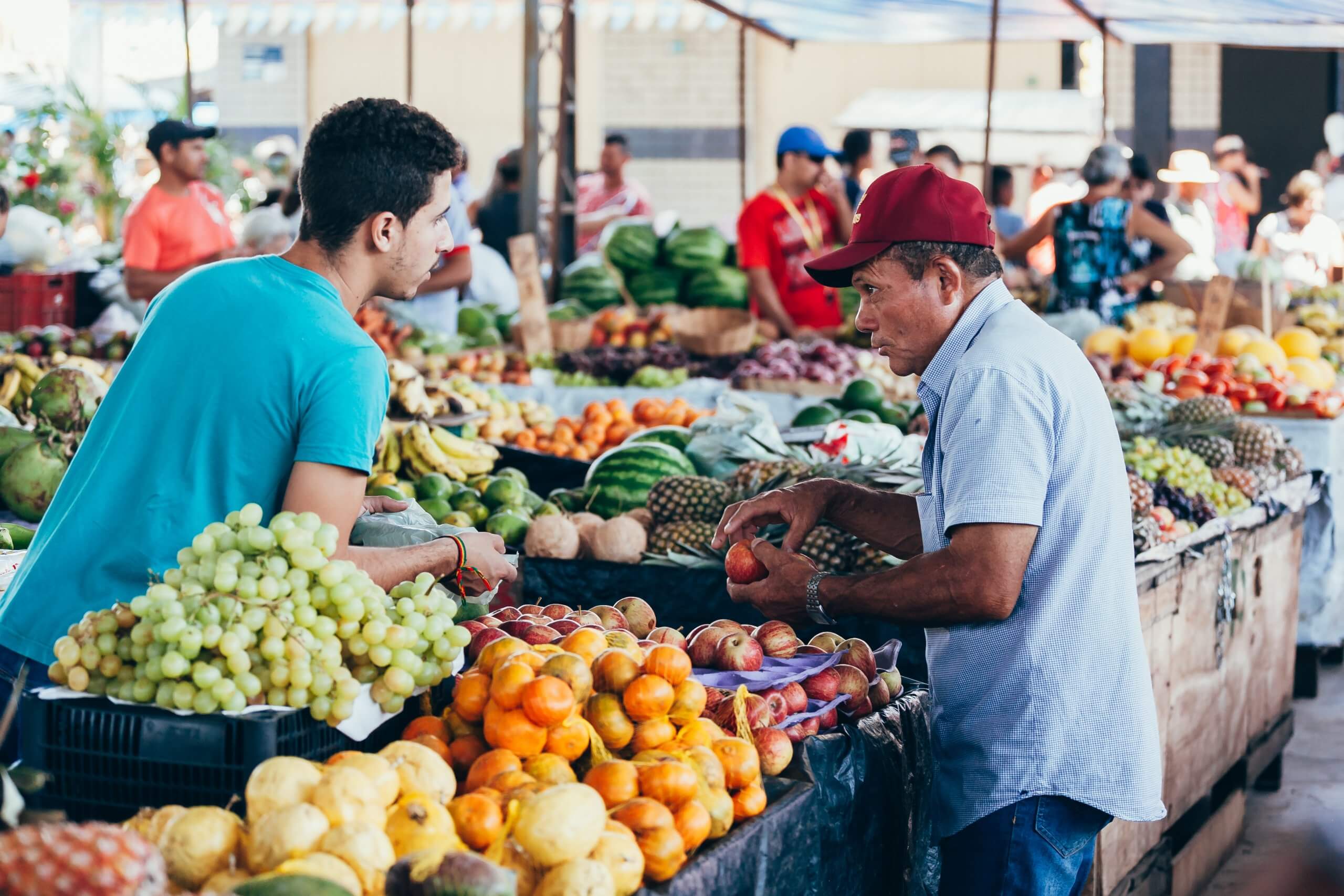The action and its aims
Belo Horizonte has established 21 ‘ABasteCer’ (ABC) stalls on publicly-owned land throughout the city, that sell a mix of 20 different food products for up to BRL1.19per kilo. The aim is to ensure universal access to affordable healthy, nutritious food.
When it was introduced
The ABasteCer programme is amongst the longest running food security initiatives in Belo Horizonte, operating since the 1990s.
Why it was needed
At the time, Belo Horizonte had exceptionally high rates of poverty and food insecurity; around 20% of the city’s children were going to bed hungry.
Who initiated it, who is involved
The programme was initiated by the municipal government’s dedicated food agency, known as SMASAN (Municipal Sub-secretariat for Food Security and Nutrition). It is essentially a public-private initiative. SMASAN identifies communities that need an ABasteCer store and selects a licensee through an open, transparent bidding process. The owner of the winning bid must construct the store themselves and run it as a business. SMASAN sets and reviews the per kilo price of produce, and SMASAN officials inspect stores each week to check prices and quality of produce and offer advice when needed.
Impacts to date
In 2016 alone, Belo Horizonte’s 21 ABasteCer stores sold around 38,000 tons of fresh produce. Moreover, the program has a knock-on effect on food prices in regular shops, as retailers in the vicinity of each ABasteCer store need to keep their prices of basic staples low in order to be competitive.


